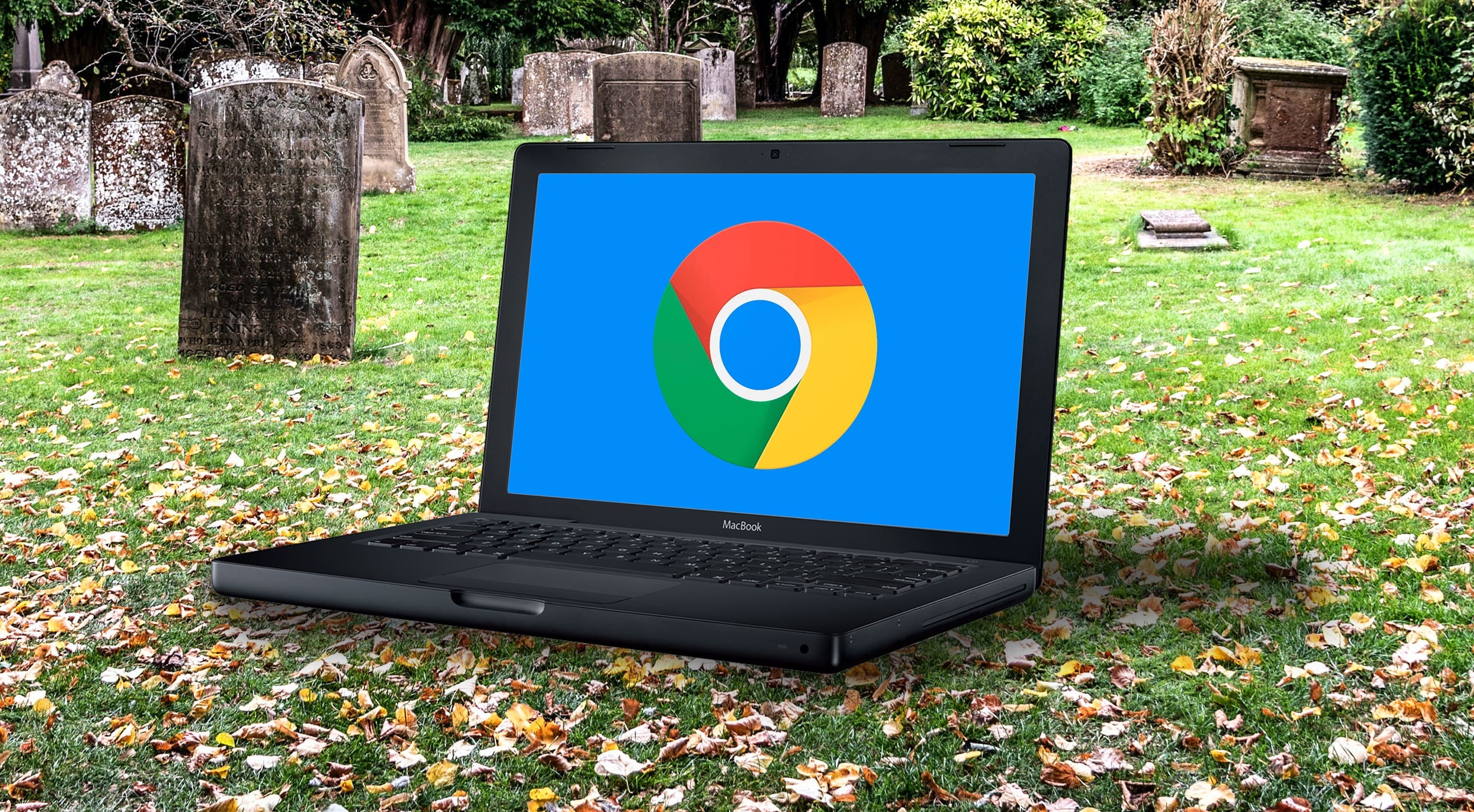

Firefox is also greatly concerned about privacy-it’s got pretty good built-in tracker blocking, and its password syncing relies on locally encrypted files. Recent updates have improved battery life on Mac laptops (often a sore spot for non-Safari browsers). Firefoxįirefox is one of the oldest browsers still kicking around, and has experienced something of a resurgence lately thanks rapid updates and a renewed focus on improving speed and reliability. Chrome is often derided for being a bit of a resource hog and not as battery-efficient on MacBooks, too. Google wants to suck up your data and use it to make better services and personalize ads-if you want better privacy, you’ll have to run extensions that block scripts and web tracking.


If there’s a downside, it’s that Chrome isn’t very privacy-focused. Still, you can use it to take advantage of synced bookmarks and tight integration with services like Google Search or Translate.Ĭhrome’s advantages are its ubiquity, Google integration, and extensive library of extensions. Google also says it starts up 25 percent faster, loads pages 7 percent faster, and uses less RAM. In out experience, those claims aren’t so outlandish, and the Chrome performance between an M1 Mac and the Intel one under Rosetta is definitely noticeable.Ĭhrome is available for iPhone and iPad as well, though, like all browsers on those platforms, it uses Apple’s own Webkit rendering engine. When it landed, Google claimed that the M1 allowed Chrome to cup CPU utilization “up to 5x” and extend battery life for MacBooks.
#Mac sierra wont let me use chrome for links android
If you use your Mac alongside non-Apple platforms like Android or Windows, you can sync bookmarks and history between them with your Google account.Ĭhrome was one of the first browsers to add support for Apple silicon Macs with version 87 in November. On the plus side, you get a powerful and flexible browser that, due to its popularity, is likely to be supported by whatever web app or service you care to use.


 0 kommentar(er)
0 kommentar(er)
